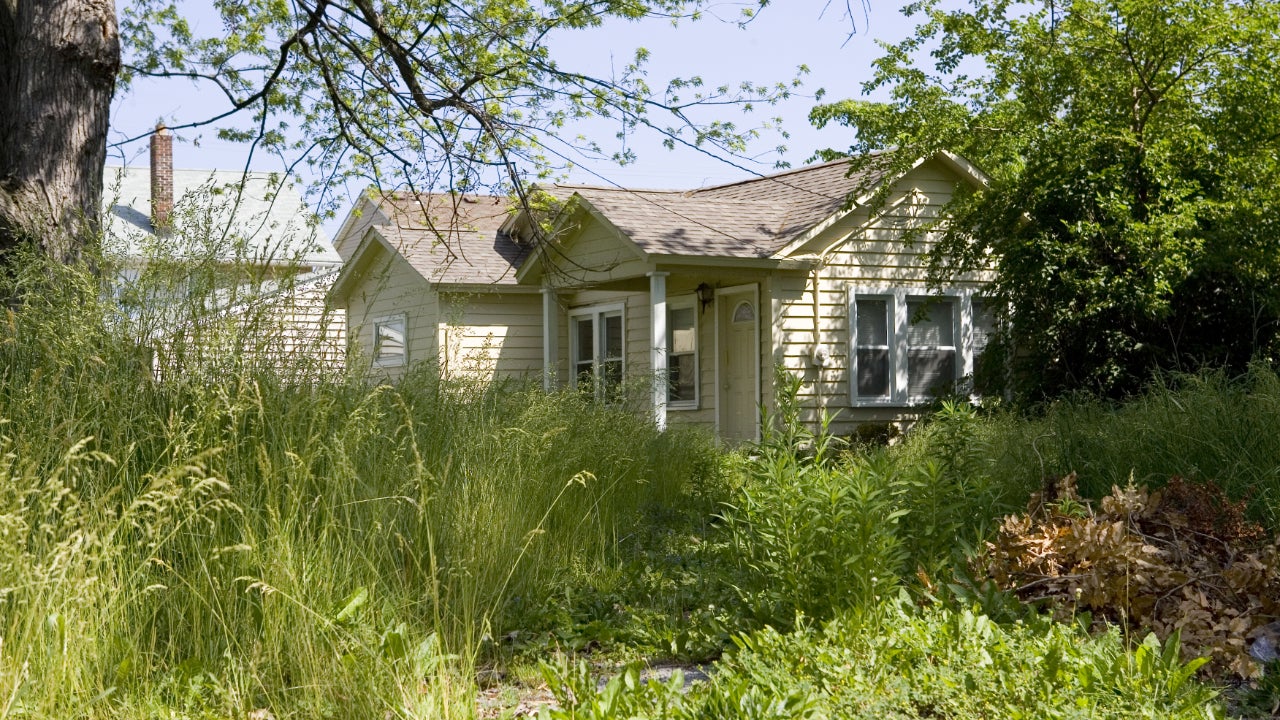Enhancing Residential Property Worths: Dedicated Solutions for HOA San Antonio
Enhancing Residential Property Worths: Dedicated Solutions for HOA San Antonio
Blog Article
The Role of Property Owners in Shaping HOA Policies
In the realm of property owners' associations (HOAs), the duty of house owners in forming plans holds considerable relevance. Home owners are not simply occupants however active stakeholders in the area they live in, with a beneficial interest in the rules and regulations that control their lives. Comprehending how home owners can add and influence to HOA plans is important for fostering an unified living setting. By exploring the avenues through which home owners can affect decision-making processes, we discover a dynamic interplay that forms the extremely essence of neighborhood living. Stay tuned to unwind the elaborate internet of property owner involvement and its influence on shaping HOA plans.
Significance of House Owner Engagement
Property owner involvement plays a vital duty in shaping the policies and choices of homeowners' associations (HOAs) When house owners proactively join the decision-making processes of their HOA, they add varied perspectives that can result in even more well-rounded and inclusive plans. Involved homeowners are more probable to remain educated about HOA matters, attend meetings, and offer useful responses on recommended policies. Their involvement helps guarantee that policies show the requirements and preferences of the neighborhood they represent.
In addition, house owner engagement fosters a sense of possession and responsibility within the area. Furthermore, involved house owners are more most likely to support HOA efforts, which can lead to smoother implementation and greater total success.
Ways to Influence HOA Policies
Efficient involvement in homeowners' association (HOA) boards and conferences supplies residents opportunities to influence and shape HOA plans. One of the most direct ways property owners can influence HOA policies is by actively going to and taking part in HOA conferences.
Furthermore, homeowners can collaborate with their neighbors to form a joined front when supporting for details plan modifications or efforts. By organizing applications, performing studies, or holding neighborhood meetings, homeowners can show the degree of support for their proposed plans and raise their chances of influencing the HOA's choices. Eventually, by actively participating, involving with fellow citizens, and tackling leadership duties within the HOA, house owners can efficiently form and influence HOA plans to better show the needs and choices of the community.

Influence of House Owner Participation
The active participation of locals in home owners' association (HOA) tasks substantially affects the decisions and plans governing the area. When homeowners join HOA conferences, offer responses on proposed policies, and take part in conversations with the board members, their input can form the direction of the neighborhood. Homeowner involvement makes certain that the HOA board considers a diverse array of viewpoints before choosing that influence the whole community.
Moreover, home owner participation can result in boosted transparency within the HOA. By actively engaging in the decision-making procedure, homeowners can hold the board accountable for their actions and guarantee that plans are applied rather and in the best interest of the neighborhood all at once.
In addition, when home owners proactively participate in shaping HOA policies, they really feel a better feeling of possession and satisfaction in their neighborhood (hoa san antonio). This feeling of participation promotes a stronger sense of neighborhood and motivates locals to function with each other in the direction of usual objectives, inevitably developing a much more unified and desirable living environment for all residents

Benefits of Energetic House Owner Involvement
Active engagement by citizens in property owners' organization tasks contributes dramatically to the enhancement of community administration and cohesion. When view website homeowners proactively engage in HOA events, they bring diverse viewpoints and useful insights to the decision-making process. This participation fosters a feeling of ownership and responsibility amongst citizens, bring about an extra unified and cohesive community.
Furthermore, active homeowner involvement assists to make certain that HOA plans align with the requirements and choices of the community members - hoa san antonio. By voicing their issues and point of views, homeowners can affect the growth of rules and laws that advertise consistency and well-being within the area. This collaborative approach not only reinforces neighborhood bonds however likewise enhances the overall lifestyle for homeowners
Additionally, energetic homeowner participation can result in boosted openness and responsibility within the property owners' organization. When locals are proactively participated in the administration process, there is better oversight and examination of decision-making, which can help prevent prospective disputes and ensure reasonable and equitable treatment for all participants. Ultimately, the advantages of active house owner participation prolong past private houses to produce a more flourishing and lively neighborhood.

Producing a Community-Driven HOA
Provided the significance of property owner participation fit HOA policies, fostering a community-driven method is essential for the sustainable governance and advancement of the community. A community-driven HOA encourages homeowners to actively take part in decision-making processes, making sure that plans mirror the diverse needs and preferences of the area. By encouraging open interaction and partnership in between homeowners and the HOA board, a sense of shared obligation and ownership is grown, leading to boosted fulfillment and harmony within the area.
Producing a community-driven HOA involves developing systems for property owner have a peek here feedback, such as surveys, community hall meetings, or recommendation boxes, to gather input on vital issues and potential policy changes. Additionally, promoting openness in HOA operations and decision-making procedures promotes trust fund and responsibility amongst homeowners. By valuing house owner perspectives and engaging them in the governance of the area, a community-driven HOA can boost general resident satisfaction, promote a sense of belonging, and add to the lasting health of the community.
Verdict

To conclude, active home owner interaction plays an important role in shaping HOA policies. By taking part in decision-making processes and articulating their concerns, home owners can affect the instructions of their neighborhood. This participation brings about a much more inclusive and collective atmosphere within the HOA, eventually benefiting all citizens. Developing a community-driven HOA requires continuous communication and participation in between home owners and the organization to make certain plans mirror the requirements and preferences of the area.
In the world of property owners' organizations (HOAs), the role of property owners in forming plans holds significant relevance.Property owner interaction plays a vital function in forming the plans and decisions of house owners' organizations (HOAs)Reliable involvement in homeowners' association (HOA) conferences and committees uses homeowners chances to form and affect HOA policies. Inevitably, by actively taking part, engaging with fellow homeowners, and taking on leadership functions within the HOA, homeowners can efficiently influence and shape HOA plans to better show the demands click this and choices of the neighborhood.
In addition, energetic homeowner participation can lead to increased openness and responsibility within the property owners' organization.
Report this page